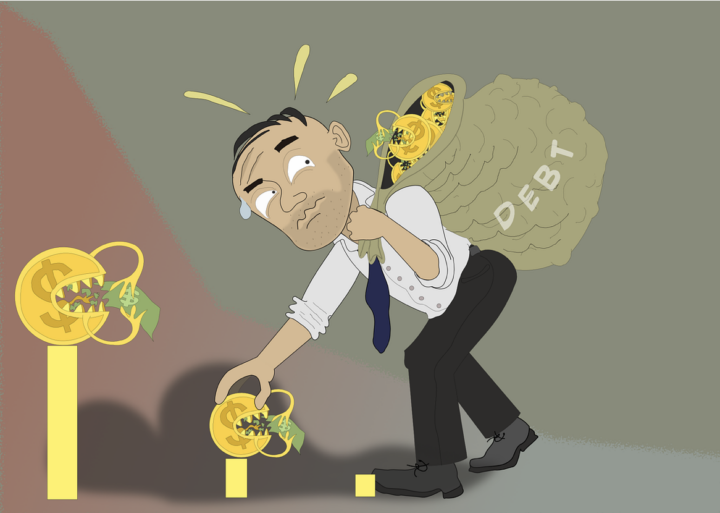It’s possible for anyone, even a charity, to fall into debt. In this article, we’ll explore what options charities have if they find themselves in this situation.
Debt can affect anyone, regardless of their status or size. It can be caused by unexpected events or a lack of caution. Even non-profit organisations can fall into debt, which can negatively impact their mission. Navigating through debt can be a challenging task for everyone.
Naturally, any charity will want to avoid the challenges of commercial debt recovery, so they need to take steps to fix the problem. There are a couple of things that you can do to make debt a little more manageable and become debt-free. Let’s take a look below.
Addressing Debt as a Charity
When it comes to tackling debt as a charity, there’s quite a high level of importance placed on getting rid of it quickly. Perhaps more so than with other organisations, charities need to get discard any lingering debts to avoid endangering their mission.
For a business, debt is normal. They often find themselves owing a little here and there to a supplier or insurance company. However, every day that the doors stay open, a business can earn more money and get one step closer to paying off the debt.
Meanwhile, a charity has a different problem on their hands. They aren’t a profit-generated business – they rely upon the good grace of others through donations and fundraisers. Once they get into debt, they need to use money which would be put to good causes to escape it.
How Can Charities Escape Debt?
If a charity gets into debt, they need to try and change their situation as soon as possible. There are a few ways they can do this, so let’s take a look at some actionable plans:
Review and Adjust Budgets
It is quite normal for financial debt to occur due to a misspending of funding. Charities should take a look at their budget and decide on what the best course of action is regarding an adjustment.

Develop a Repayment Plan
If a charity is in debt, then they will need to repay the money they owe to creditors or whoever else is involved. This mandates the need for a repayment plan. It is worth noting that paying back small amounts regularly can be a good way to address debt.
Seek Professional Support and Advice
If a charity is facing debt problems, then their best bet is often to seek advice from a legal expert. Some businesses will provide free support and legal advice, especially for non-profit organisations. It is worth investigating what resources are available in your local area.
Crowdfunding
While you may not like the idea of going cap in hand to the public and asking for assistance, crowdfunding can be a good way to deal with debt. A lot of people, particularly wealthy donors, will be happy to pay to help a charity. If it means you can resume your activities sooner, you’re bound to get support.
Grant and Funding Opportunities
As a charity, you may be able to obtain a grant and funding options from the local area. There are often local businesses and schools that are happy to work with a charity and provide them with the support they need. Ask around and you might be pleasantly surprised by what is on offer.
Be Transparent with Stakeholders
Stakeholders are a key part of any charity and if you are getting into debt, it can be important to talk to them. They have an investment in the charity and its goals and have a right to know if there is a problem. Be honest and upfront about the situation – they may be able to help in some fashion.
Consider Staff Restructuring
Lots of UK charities have a lot of amazing people working tirelessly to achieve their goals and it is so important that their work is recognised. However, that doesn’t mean that all the staff members are necessary. Sometimes, a restructuring of staff members can help to prevent future debt.

Tackling Debt as a Charity
Debt as a charity can be tough to deal with, especially when you’re a non-profit organisation. However, there are things you can do to make the process easier and give yourself the best chance at success. It is important to thoroughly investigate why the debt has occurred and take the right steps to resolve it.
The information contained within this article is meant to be advice only, and is not a substitute for legal support in the event of debt. All charities are encouraged to seek expert help to deal with debt issues.
- Third Sectorhttps://thirdsector.com.au/author/tsm/
- Third Sectorhttps://thirdsector.com.au/author/tsm/
- Third Sectorhttps://thirdsector.com.au/author/tsm/
- Third Sectorhttps://thirdsector.com.au/author/tsm/











